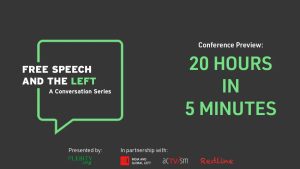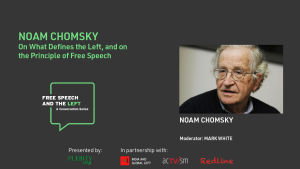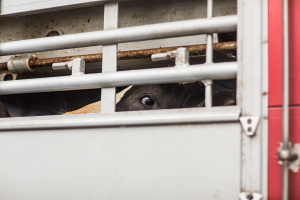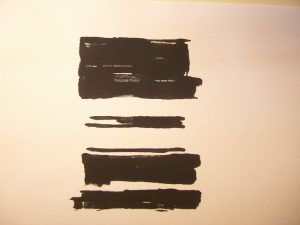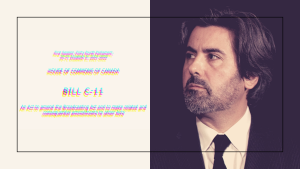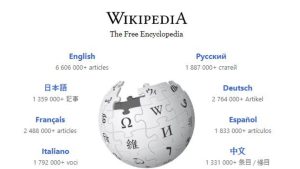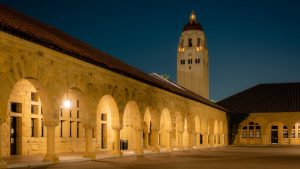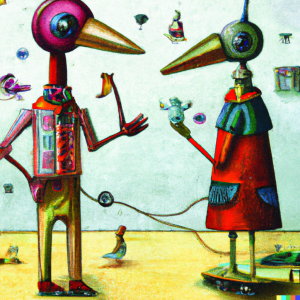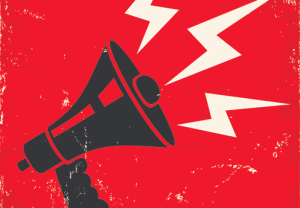If you’re a leftist who believes in free speech you aren’t homeless
Free speech is a fundamental value of the left.
FEATURED ARTICLES
Dov and Willy talking – perspectives from the left on political violence, history, colonialism, imperialism, racism, antisemitism, social media and the importance of critical thinking and debate
Preview next week’s Free Speech and the Left conference
View this 5 minute preview of next week’s Free Speech and the Left conference
Our panelists discuss censorship, cancel culture, identity politics, the relevance of today’s left and other issues during the upcoming Free Speech and the Left conference.
The online event will take place June 17 to 24 and feature authors, academics, journalists and activists from a dozen countries. The conference will consist of pre-recorded presentations, panel discussions and livestream segments.
Participants include Nadine Strossen, Richard Wolff, Freddie deBoer, Noam Chomsky, Jill Stein, Susan Neiman, Tara Henley, Paul Jay, Jacob Mchangama, Norman Finkelstein, Wayne Hsiung, Katherine Corcoran, Ioan Grillo, Matthew Hoh, Lawrence Wilkerson and others…
Co-hosted by Plebity, India & Global Left, Redline, and acTVism Munich, the conference will be broadcast on Plebity’s YouTube channel.
The full list of panels and conference schedule can be found here: https://www.plebity.org/conference-2023-free-speech-and-the-left/.
Noam Chomsky on What Defines the Left and on the Principle of Free Speech
Panelists: Noam Chomsky
Moderator: Mark White
Description: Noam Chomsky offers his thoughts on what defines the left and on the enduring principle of free speech. Noam Chomsky is a longtime scholar, author, teacher, intellectual, activist and social critic.
Noam Chomsky is a longtime scholar, author, teacher, intellectual, activist and social critic.
recent ARTICLES
How Rhetoric Shapes the Animal Rights Movement
Open dialogue is an important tool for moving discourse forward and gaining a better understanding of the issues we face in our time. In the spirit of open dialogue, the following is my response to the essay Animal Rights and the Challenge of Activism.
In the essay, the author describes the different tactics used by animal rights activists to persuade non-vegans. She emphasizes the importance of free speech, open inquiry, and debate, in particular the importance of non-vegans’ ability to challenge vegans. But in doing so, she also unwittingly exposes how her own rhetoric might influence people in such a way that might undermine the animal rights movement. My response isn’t an attempt at a ‘take-down’ of the author, but instead it is a way to show how important language is in animal rights activism and how even those of us with the best intentions can fall into these traps.
Wikipedia vs Pakistan: who won, blasphemy laws or free speech?
We recently wrote about Pakistan's 48 hour ultimatum to Wikipedia–either remove certain ‘sacrilegious’, i.e. blasphemous content, or be blocked in Pakistan.
In fact, after the 48 hours were up, Wikipedia was blocked throughout the country. The ban was short-lived. Access was restored after a three day suspension.
Who won, blasphemy laws or free speech?
Update: Senate Passes Controversial Internet Censorship Bill
On February 2, 2023, the Senate passed Bill C-11, also known as the Online Streaming Act, with 43 senators voting ‘yea,’ and 15 voting ‘nay.’
The Senate proposed dozens of amendments to the bill, including highlighting the promotion of Indigenous languages and Black content creators; proposing an age verification system to restrict access to certain content; requiring the CRTC to be more flexible on determining what is deemed ‘Canadian enough’; and requiring the CRTC to focus on commercial content only.
Will Wikipedia bow to Pakistan’s censorship laws?
Last Wednesday the Pakistani government issued an ultimatum threatening to shut down the online crowd-sourced encyclopedia Wikipedia. The Pakistani authorities gave Wikipedia 48 hours to remove certain content they deemed to be ‘sacrilegious’ or blasphemous.
The forty eight hours had passed by Friday evening, and Saturday it was announced that Wikipedia had been banned in Pakistan.
Universities that punish reading–even of books from their own libraries
In the abstract, people mostly agree that book banning is a bad thing. The Nazis did us the favor of being very clear about it and literally burning books, but there are rarely cases that are so unambiguously wrong.
In our current culture, it is more common that reading certain books may be punished rather than the books themselves being outright banned. This more subtle form of social control encourages one of the most insidious threats to freedom–the tendency in all of us to self-censor what we read, think and say.
Interview with a robot
AI: I am an AI created by OpenAI. How can I help you today?
Plebity: Could you explain the difference between the political right and left?
AI: The political right and political left are labels used to describe different ideologies. Generally speaking, the political right stands for traditional values and a focus on capitalism and conservative social policies, while the political left advocates for progressive policies and social justice.
Plebity: Why did you not mention class?
New Dawn – destabilising social cohesion?
Stuff reports today: “Nationwide bookstore Whitcoulls is selling a magazine peddling a number of anti-vax conspiracies and insinuating the Christchurch mosque terror attack was a “false flag” operation.
The Lambton Quay store in Wellington had copies of two issues of New Dawn magazine for sale this week. It was also spotted in another Wellington store, Johnsonville, and at New Lynn in West Auckland.”
Money and corruption is the enemy of free speech
Free speech is usually thought of in terms of either the state or private companies power to censor speech. What the Qatargate corruption scandal illustrates is that the concept itself is meaningless in a society where speech can be purchased like a suit off the rack.
In fact, genuine free speech can’t exist outside of an overall culture of free speech.
A free speech culture is one in which speech can’t be bought. It is one in which each person’s speech is given freely, without being purchased or constrained and where all speech has equal weight.
Hate Speech bad, Hate Economics acceptable
Political leaders railing against Hate Speech while practicing Hate Economics against the mass of workers is sheer hypocrisy. Today, more than ever, we need open exchange and clash of ideas, so that the causes of injustice can be uncovered. So that social frustrations can be better directed to where they belong, against those few at the top, whose inhumane system is the daily cause of our poverty.


